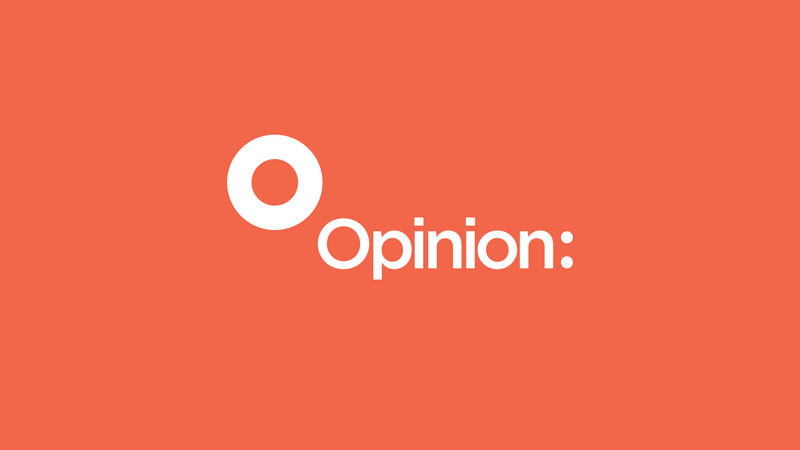
Election surveys have always been a central part of democracy, both to understand voters' attitudes and to provide parties with insights during election campaigns. Traditionally, data collection has been carried out through telephone interviews and online surveys. These methods still work, but are:
- Resource-intensive and costly
- Subject to declining response willingness in the population
Opinion, one of Norway's leading analysis and consulting companies, wanted to test new ways of conducting election surveys ahead of the 2025 parliamentary election.
As a leader at Opinion, he states:
"Election measurements are about trust and precision. We needed a solution that could scale without losing the human dimension."
The challenge
Opinion faces several challenges in its existing methodology:
- Increasing costs associated with manual telephone interviews
- Lower response rates among respondents, risking bias in data
- Time pressure in election campaigns, where shifts in opinion happen rapidly and continuously
To address these challenges, Opinion has launched a pilot project together with Threll.ai, where they are testing Voice AI agents as part of data collection and analysis.
Functionality being tested:
- 🗣️ Natural Conversations – AI communicates like a human interviewer
- ⏱️ Availability 24/7 – easier to reach more respondents, regardless of time
- 💰 Cost Efficiency – lower costs than manual interviews
- 📈 Scalability – thousands of conversations in parallel
- 🎯 Standardization – identical questions, reduced interviewer bias, and more consistent data
Status so far
The pilot project is underway, and Opinion is now examining key questions such as:
- How do AI-leded conversations feel for voters?
- Can response rates be improved with automated conversations?
- How much faster can data be collected compared to traditional methods?
- To what extent does standardization contribute to better data quality?
- Can the cost level be significantly reduced without compromising trust and accuracy?
The way forward
Based on the experiences from the pilot, Opinion will consider how the technology can be used further. Possible areas of application include:
- 🗳️ Post-election analyses
- 📊 Theme-based measurements (for example climate, health, or education policy)
- 🔄 Ongoing tracking surveys to monitor public opinion in real time
As Opinion itself describes:
"The pilot project gives us the opportunity to test a completely new methodology. We are excited to see if this can make measurements more efficient, cost-effective, and better suited to today's reality."




